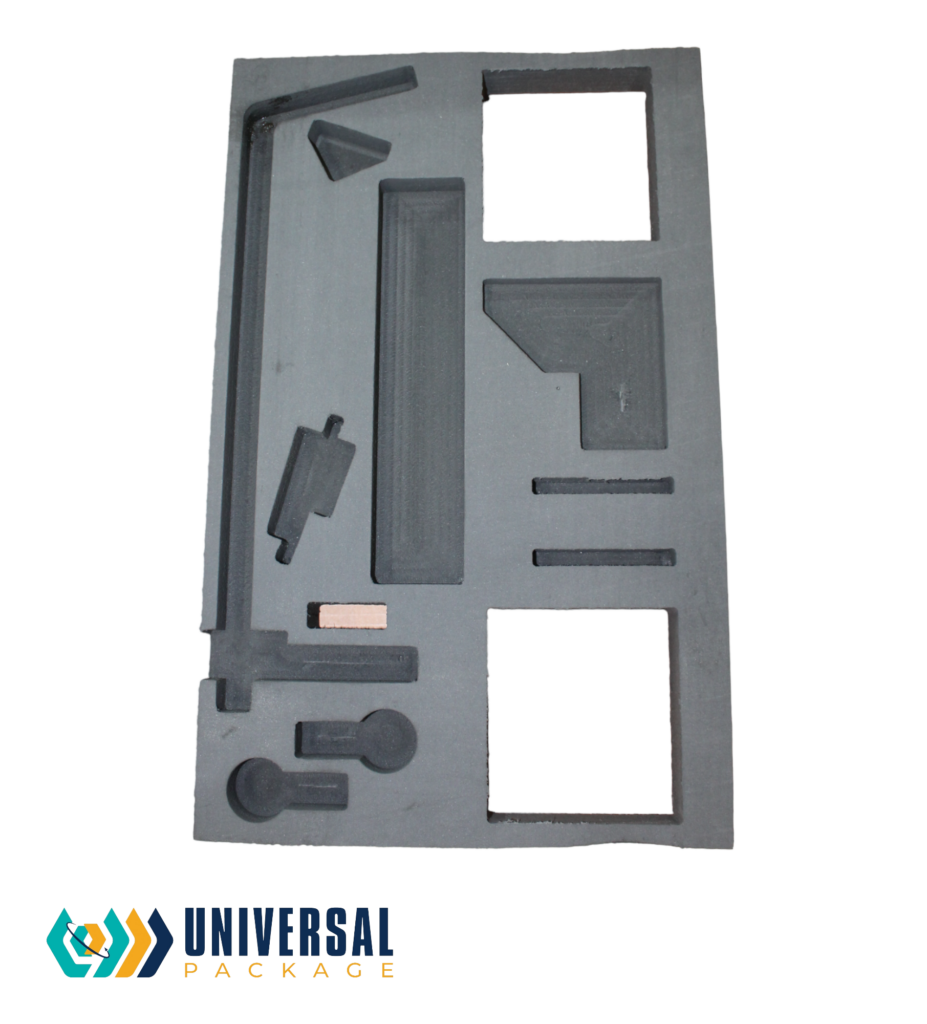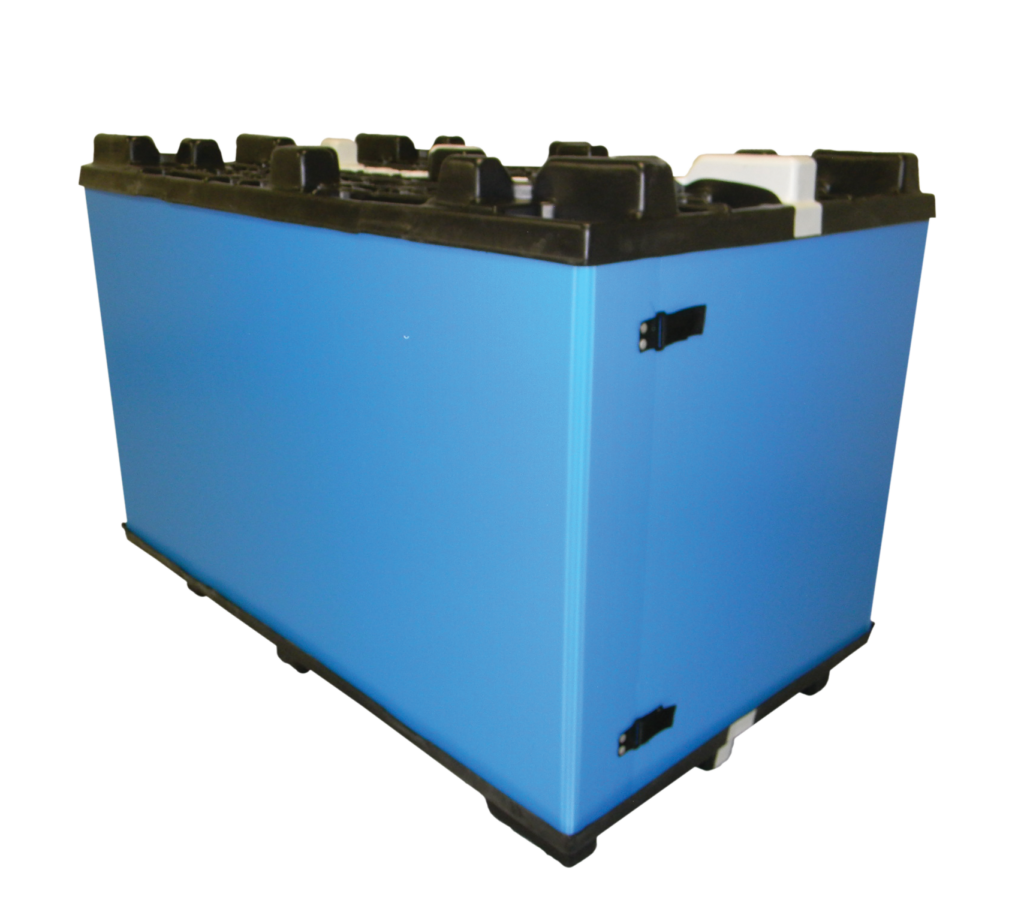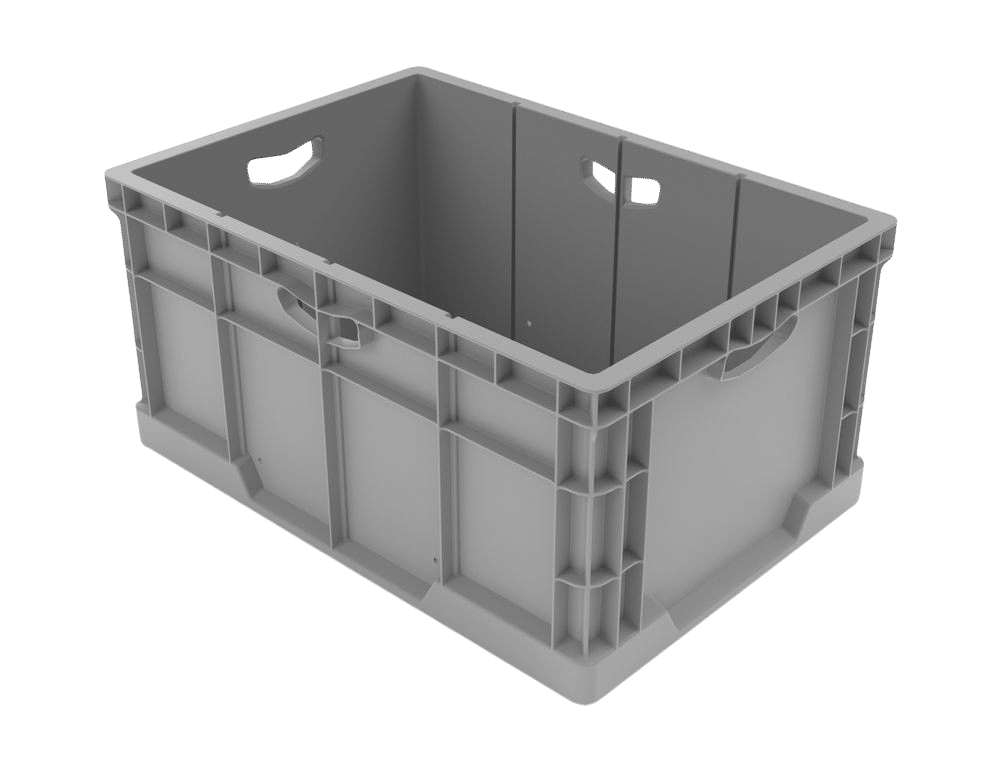In the medical and healthcare industry, the importance of reliable and secure packaging cannot be overstated. Ensuring product safety, sterility, and compliance with industry standards is crucial to maintaining product integrity during transportation and storage. This blog post will delve into the various types of medical packaging materials available, emphasizing the significance of protective packaging for medical devices, and how these solutions guarantee safety, durability, and adherence to regulations. Additionally, we will highlight the benefits of choosing a trusted packaging solutions provider like Universal Package to meet your medical and healthcare product packaging needs. So, let’s explore the different types of medical packaging and their unique applications in the industry.

Importance of Medical Packaging
Medical and healthcare products, such as drugs, medical devices, disposables , etc., are often heat sensitive and require special handling to ensure their stability. High-quality packaging is essential for maintaining the integrity of these products during transportation and storage, preventing contamination, damage, or degradation. Additionally, adherence to industry standards and regulations is vital for manufacturers, wholesalers, and professionals in the medical and healthcare industry, as it helps maintain trust in the quality of their products and avoids potential legal issues.
Types of Medical Packaging Materials
Medical packaging materials play a crucial role in maintaining the safety, stability and appearance of medical and healthcare products. Various materials are used depending on product requirements, such as durability, cost-effectiveness, and compliance with industry standards.
Plastics, including PVC, PET, PP, and PE, offer numerous advantages in medical packaging due to their lightweight, cost-effective, and versatile properties.
Glass materials, such as borosilicate, soda-lime, and tubular glass, possess chemical resistance, impermeability, and transparency characteristics. These properties make glass an ideal choice for packaging vials, ampoules, and bottles, which often contain sensitive drugs and solutions requiring protection from contamination and external factors.
Metals, including aluminum, stainless steel, and tinplate, are used for their strength, durability, and recyclability. Metal-based packaging solutions, such as foil pouches, cans, and containers, are commonly used for medical products that require a high level of protection against physical damage and environmental factors.
Protective Packaging for Medical Devices
Rigid packaging is a type of protective packaging for medical devices that offers enhanced durability and protection. Thermoformed trays and injection-molded cases are common examples of rigid packaging. Thermoformed trays are designed to hold and secure medical devices during transportation and storage, while injection-molded cases provide a robust and durable container for sensitive equipment.
Flexible packaging, on the other hand, is more adaptable and lightweight. Foil pouches and Tyvek® bags are popular choices for flexible packaging. Foil pouches can be used to hold and protect medical devices, while Tyvek® bags offer excellent breathability, making them ideal for packaging devices that require sterilization.
Labeling and Serialization
Clear and accurate labeling is crucial in medical packaging to ensure proper identification, use, and traceability of medical products. This not only helps healthcare professionals and patients in using the products correctly but also maintains compliance with regulatory requirements. Unique Device Identification (UDI) is a system mandated by regulatory authorities, such as the U.S. Food and Drug Administration (FDA), to assign unique identification codes to medical devices, enabling their traceability throughout the supply chain.
Serialization plays a vital role in preventing counterfeiting and ensuring the authenticity of medical products. It involves assigning a unique serial number to each packaging unit, making it easier to track and trace products at any point in the distribution process. This helps manufacturers and distributors to maintain the integrity of their products, while also providing valuable information for product recalls and adverse event reporting. Implementing an effective serialization system is essential for medical packaging to comply with regulatory requirements and safeguard patient safety.
Barrier Properties and Sterilization Compatibility
Medical packaging materials must possess effective barrier properties to protect the contents from external factors such as oxygen, moisture, and light. These properties help maintain the sterility and integrity of the products throughout their shelf life. Different packaging materials offer varying degrees of barrier protection, so it’s essential to choose the right material based on the specific requirements of the medical device or product.
Sterilization compatibility is another crucial aspect to consider when selecting medical packaging materials. Medical devices and products often require sterilization to ensure they are free from contaminants and safe for use. The packaging material must be compatible with the chosen sterilization method, such as gamma radiation, ethylene oxide (EO), or a steam autoclave. This compatibility ensures that the packaging maintains its integrity and protective properties after undergoing the sterilization process. Different materials have varying levels of resistance to sterilization methods, so it’s essential to work with a packaging solutions provider with expertise in sterilization compatibility to ensure the right material is selected for your medical products.
Sustainability Considerations in Medical Packaging
Environmental concerns have become increasingly important in the medical packaging industry, as manufacturers, wholesalers, and professionals in the medical and healthcare sectors seek to reduce material waste and energy consumption. Sustainable packaging solutions help reduce the environmental impacts of medical products, while also ensuring that health and safety standards are met.
One approach to achieving sustainability in medical packaging is the increased use of recycled and biodegradable materials. These eco-friendly alternatives can replace traditional packaging materials, such as plastics and metals, without compromising product safety, sterility, or durability. Incorporating recycled content or biodegradable materials into packaging design helps reduce the environmental footprint of medical products and supports global waste management efforts.
Another essential aspect of sustainable medical packaging is the application of lifecycle assessment (LCA) and eco-design principles. LCA evaluates the environmental impacts of a product throughout its lifecycle, from raw material extraction to manufacturing, distribution, use, and disposal. By implementing LCA, packaging designers can identify areas for improvement and develop optimized packaging solutions that minimize environmental impacts.
Eco-design principles further support sustainable packaging development by focusing on designing products with reduced environmental impact while maintaining functionality, quality, and safety. These principles can guide the selection of materials, manufacturing processes, and packaging designs that minimize resource and energy consumption, reduce waste generation, and enhance recyclability.
Choosing a Reliable Packaging Solutions Provider
When it comes to selecting a packaging solutions provider for medical and healthcare products, there are several crucial factors to consider. First and foremost, ensure that the provider has expertise in the medical and healthcare packaging field. This knowledge will help guarantee that the packaging materials and designs chosen are suitable for the specific needs of your products.
Another critical aspect is the provider’s compliance with industry standards and regulations. This compliance ensures that the packaging materials used adhere to the necessary safety and quality requirements, reducing the risk of product contamination or damage. A reliable provider should also be able to offer customized solutions tailored to your unique product requirements, as well as demonstrate their quality assurance and testing capabilities.
Universal Package: Meeting Your Medical Packaging Needs
Universal Package offers a comprehensive range of packaging solutions designed to meet the diverse needs of manufacturers, wholesalers, and professionals in the medical and healthcare industry. With a strong commitment to quality, safety, and compliance, our packaging solutions cater to the specific requirements of medical and healthcare products, ensuring that they are protected, durable, and in adherence to industry standards.
In addition to providing an extensive selection of packaging materials and styles, Universal Package also offers customization and design support to help clients create the optimal packaging solution for their products. By partnering with a trusted provider like Universal Package, you can be confident in the knowledge that your medical and healthcare products will be securely and professionally packaged, maintaining their integrity throughout transportation and storage.
Conclusion
As we’ve explored the various types of medical packaging and their importance in ensuring product safety, sterility, and compliance with industry standards, it’s clear that choosing the right packaging solution is crucial to the success of any medical or healthcare product. By partnering with a reliable and experienced packaging solutions provider like Universal Package, manufacturers, wholesalers, and professionals in the medical and healthcare industry can benefit from their comprehensive range of packaging products and services, as well as their commitment to quality, safety, and compliance.
Don’t leave the safety and integrity of your medical products to chance. Let us at Universal Package provide you with the customized and compliant packaging solutions your business requires. Reach out to our team today to discuss your medical and healthcare product packaging needs and discover how we can help protect your products while meeting industry standards.



